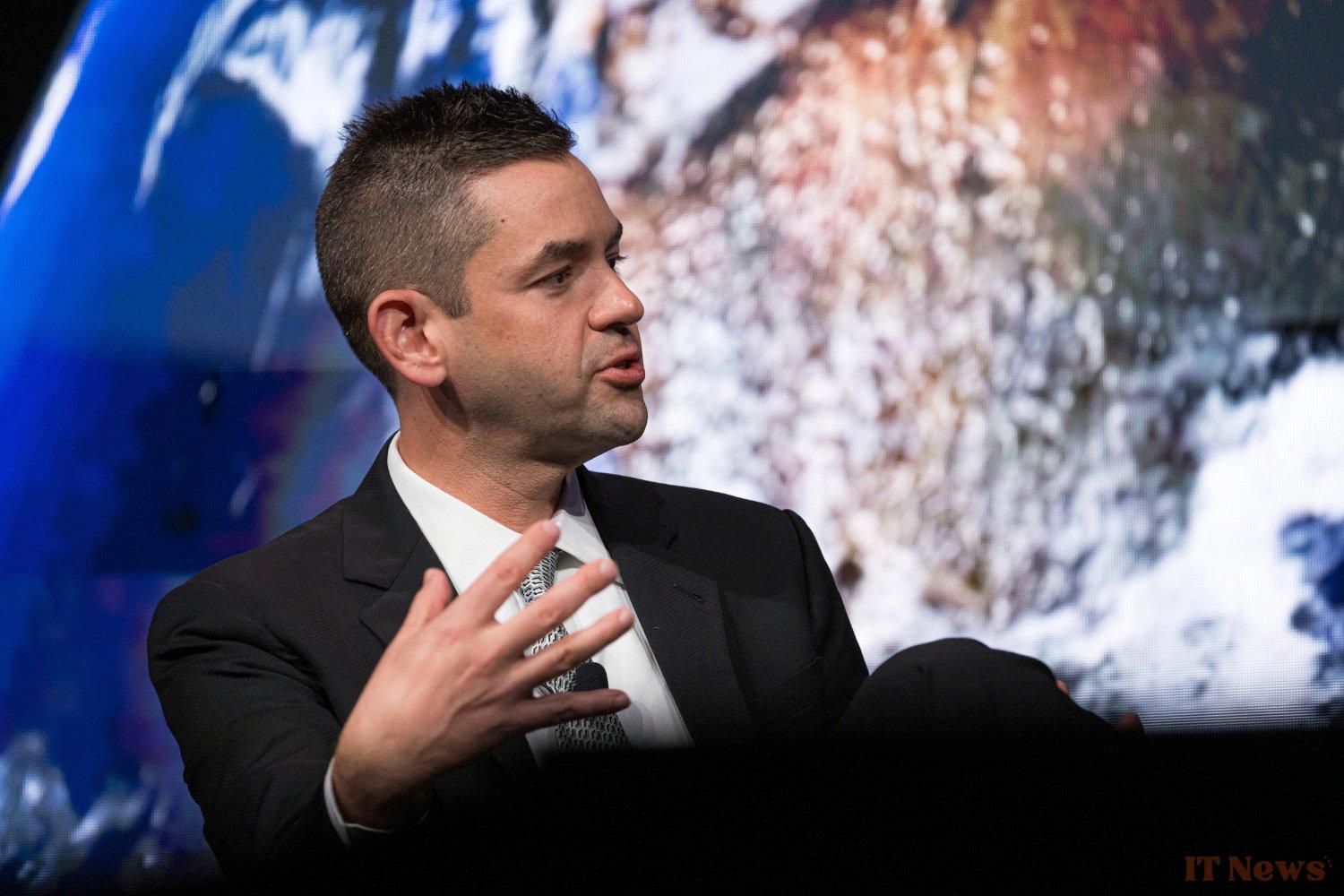Ahead of a hearing to be held on Wednesday, April 9, the final obstacle to his nomination to head NASA, Jared Isaacman wanted to reassure. Last week, he spoke with lawmakers and declared that with him, the American space program would focus on the Moon, before moving on to Mars. According to three sources familiar with the discussions interviewed by Reuters, the return of astronauts to the Moon remained at the center of NASA's strategy, as did the goal of getting there before China, which nevertheless seems ahead of the curve and less bothered by questions of policy changes.
Among the lawmakers present, Ted Cruz, a Republican from Texas, was particularly interested in the issue, as his state is home to the Kennedy Space Center in Houston, the nerve center of NASA's Artemis program – the lunar program. In addition to a location, the American ambition to return to the Moon has created an entire ecosystem of businesses and partnerships, with thousands of jobs at stake and significant investments. Without going to the Moon to prove its superiority, the United States would lose a lot from an industrial perspective. Europe would also be affected, as it is developing the Orion capsule, which will house the astronauts.
Since the start of Donald Trump's second term, NASA has lost its appeal in the eyes of the White House. Bill Nelson, nominated by the former Joe Biden administration, has given way to an interim director, Janet Petro, while Jared Isaacman (nominated by Donald Trump) can take over. In the meantime, layoffs are multiplying, with the departure of chief scientist Katherine Calvin, as well as 22 other employees. In terms of the program, Artemis is floundering, and the return to the Moon was no longer really mentioned, as was the use of the SLS rocket, with its astronomical operating costs.
During his inaugural speech, accompanied by Elon Musk, Donald Trump promised that he would send "American astronauts to plant the American flag on the planet Mars.". As Reuters pointed out, Elon Musk, for his part, saw the Moon as a diversion from his long-standing speech with SpaceX, namely that of colonizing Mars. On X, last week, the billionaire reiterated his comments, as a way to put pressure on NASA: "stopping on the Moon only slows down the path to Mars", he posted on the platform.
The situation was therefore critical, and Jared Isaacman's position did not bode well. Close to Elon Musk, the latter twice funded private missions with SpaceX, in which he embarked. The most notable, Polaris Dawn, even led him to become the first amateur astronaut to perform an extravehicular activity, in the vacuum of space. There was no indication that the future NASA administrator would follow an objective course of action, without the risk of being influenced by SpaceX and Elon Musk's dream: redirecting the annual budget allocated by the federal government to the American space agency to bet everything on a trip to Mars.
SpaceX still has a lot to gain from Donald Trump
Mentioning the Moon as NASA's main objective risks being a conditionsine qua non Jared Isaacman will not be able to obtain the role of general administrator at NASA, while senators must vote for his access to the throne. His mentioning it today certainly doesn't say anything about the agency's future plans, especially at a time when China could take the lead and provide a formidable patriotic argument: if China wins the race to the Moon, then the United States will have no choice but to win the race to Mars.
In short, the complacency or defiance of the future head of NASA in Elon Musk's eyes could always be influenced by other issues, such as the role to be played by SpaceX in the government's missions. Some major contracts awarded to the United Launch Alliance have already been redirected to SpaceX. The aerospace company will also seek further approval from the Federal Communications Commission (FCC), which plays a central role in the allocation of frequency bands for its Starlink satellite internet network. At the head of this agency, close to Donald Trump and fervent defender of the Republicans, is Branden Carr.
Source: Reuters



0 Comments